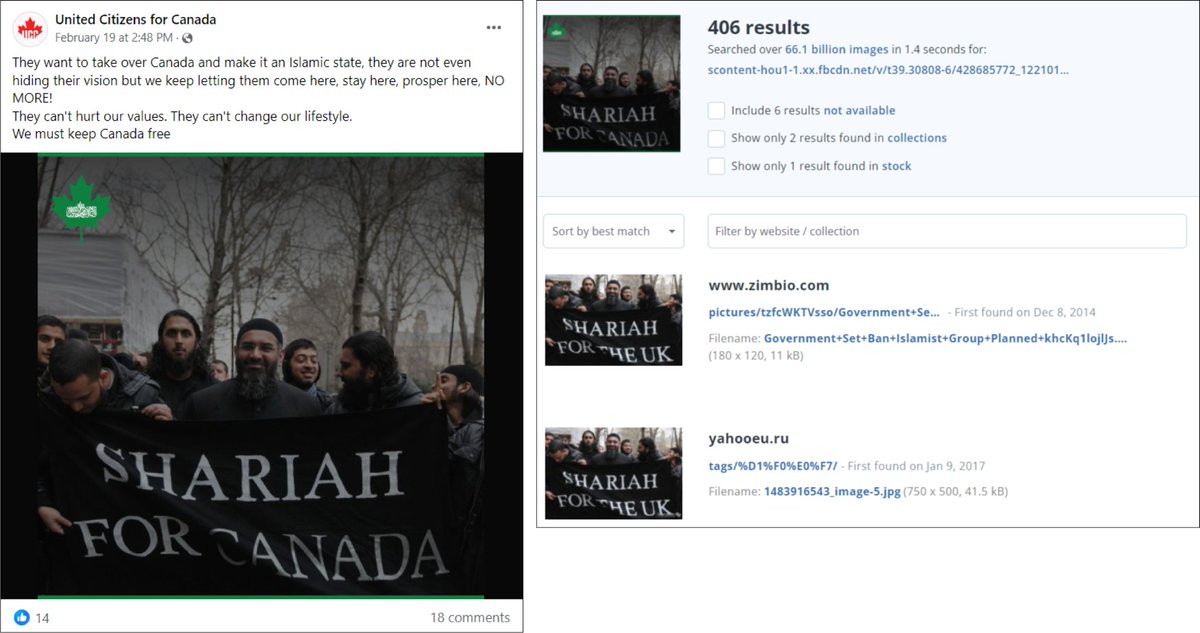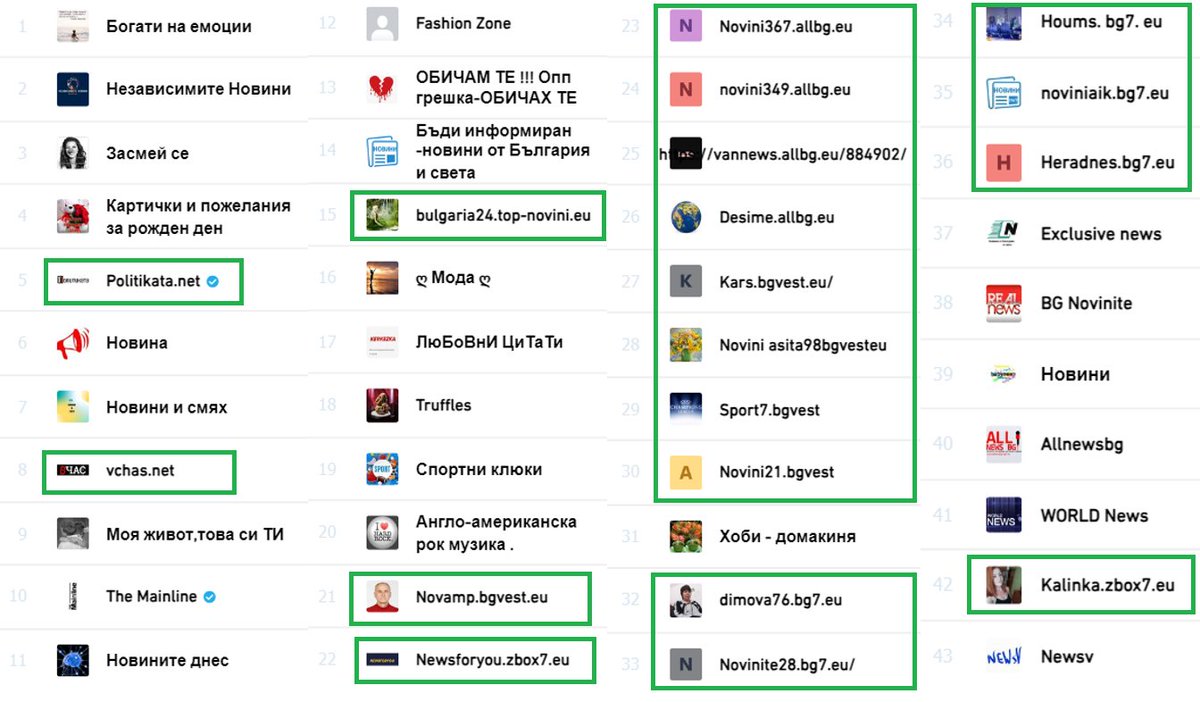Kicking things off with our #DigitalSherlocks in Brussels
@GrahamBrookie says the 100+ Sherlocks with us this week are “the best of the best.”
@LAndriukaitis welcomes them and @jean_leroux introduces the first Sherlock challenge, based on a real-life disinfo campaign.
#360OS



@GrahamBrookie says the 100+ Sherlocks with us this week are “the best of the best.”
@LAndriukaitis welcomes them and @jean_leroux introduces the first Sherlock challenge, based on a real-life disinfo campaign.
#360OS




First up, @acarvin and @laylamashkoor lead a conversation about a complicated and fundamental topic: ethics in open source investigations.
“Honestly, it’s more than just the methods. It’s the movement. It’s all of us,” @acarvin says.
#360OS
“Honestly, it’s more than just the methods. It’s the movement. It’s all of us,” @acarvin says.
#360OS

.@laylamashkoor notes that a standardized code of ethics doesn’t exist for OSINT researchers the way it does for lawyers, doctors, etc. Because of that, she says, it’s important for the community to discuss and debate these issues together and strive for high standards.
#360OS
#360OS

.@USAmbEU has arrived ahead of his welcoming remarks here at #360OS. Here he is being greeted by @GrahamBrookie and @KHenquinet. The main stage’s events are starting shortly. We’ll be going live all day on here, Facebook and YouTube. Keep an eye out for those posts soon. 

For participants waiting to join us at the main stage, please join us for coffee and tea up on the fourth floor.
Here’s the live link for those reading this thread as it happens:
https://twitter.com/dfrlab/status/1533732999241420800
.@USAmbEU says Russia’s use of online lies in its assault on Ukraine highlights the role of disinformation in the battle between democracy and autocracy, “making it the defining struggle of our time.” 

DFRLab’s @r_osadchuk joins virtually from Ukraine. He explains that Russia aimed “false flag” lies at both internal Russian and external global audiences surrounding its invasion and supposed justifications for doing so.
“Most of them crumble” under fact checking, he said.
“Most of them crumble” under fact checking, he said.

DFRLab’s Nika Aleksejeva joins the stage with @Ing_Dickinson to discuss their work reviewing more than 3,000 fact checks of information about Russia’s invasion of Ukraine and the trends they found. Ingrid previews a project reviewing claims made on Russian Telegram channels. 

.@Ing_Dickinson notes that Russia’s disinformation campaign against Ukraine started vague, but grew more specific in its claims as time went on.
Nika warns Russian disinfo is persisten, and “will continue even when the arms are put down.”
Nika warns Russian disinfo is persisten, and “will continue even when the arms are put down.”
Now: Today’s panel on the use of open source investigation and documentation’s roles in documenting war crimes and human rights violations. Have questions for our panelists? @ us, DM us, or use the hashtag #360OS 

"Debunking is important. Pre-bunking is effective," @janis_sarts says. He notes Russia is playing to the fatigue of the world in the war. "We have to plan for the longer period and create our narratives [to fit] ... We have to keep up our support to Ukraine as long as necessary."
DFRLab’s @jacqumalaret walks the audience through a timeline of moderation decisions by tech companies after Russia invaded Ukraine and how Russia reacted negatively.
“This tit-for-tat … demonstrated how platform policy has increasingly become a domain for warfare.”
“This tit-for-tat … demonstrated how platform policy has increasingly become a domain for warfare.”

Nonresident fellow @katieharbath notes that moderation surrounding Russia’s invasion forced platforms to make hard choices. 

@katieharbath .@etbrooking has three points to make:
1. Is platform policy a domain of war? Of course it is.
2. This is not the first time we've seen platform policy become an element of war.
3. It will not be the last time. We can expect platform policy to continue to impact future conflicts
1. Is platform policy a domain of war? Of course it is.
2. This is not the first time we've seen platform policy become an element of war.
3. It will not be the last time. We can expect platform policy to continue to impact future conflicts
He adds that there will never be a universally applicable "wartime policy" for platforms that works forever. That's why transparency is crucial, he argues.
"All this stuff sets a precedent" that will inform policies in future conflicts.
#360OS
"All this stuff sets a precedent" that will inform policies in future conflicts.
#360OS
(Breaking for lunch. We'll return after we eat.)
Aaaaaand we’re back from lunch with the #DigitalSherlocks in The Arc. @aiganysh_aidar kicks us off with a talk about using Telegram for research of EU QAnon communities and more. She notes the platforms popularity with extreme groups due to its indifference toward content. #360OS 

She adds Telegram can also be a good source of information in countries and regions where the free flow information is restricted. Researchers can gather a lot by learning how to utilize Telegram in relevant investigations. Now she’s giving a walkthrough and a demo of methods.
Now, on the main stage: a #360OS panel on governments’ use of the NSO Group’s “Pegasus” software crush dissent and free speech, leveraging the tool for autocratic, anti-democratic purposes. Our panelists were directly targeted with the software. 

Our live stream is back! Remember that you can send questions for our panelists to answer by mentioning @DFRLab, using the #360OS hashtag, or by sending us a private message.
https://twitter.com/DFRLab/status/1533779606330671105
.@panyiszabolcs says learning he was targeted with Pegasus has changed the way he communicates with sources, pushing him to less tech-dependent ones.
@ckanimba wants people to go further than tech companies and demand accountability for governments using software like Pegasus
@ckanimba wants people to go further than tech companies and demand accountability for governments using software like Pegasus
A somber point from @ckanimba: Since the reveal of governments' use of Pegasus spyware against critics and to try to squash them (or worse), nothing meaningful has happened to hold those responsible to account. We can't stop demanding that accountability, she says. #360OS
Now on the main stage: a panel on the challenges social media platforms face moderating non-English language content. @marwasf explains this can make non-English speakers feel discriminated against, in addition to other harms. #360OS 

Downstairs, @RamyRaoof is talking to Sherlocks about surveillance and digital attacks against NGOs, independent media, activists and more. Sometimes doing great OSINT can turn make someone a target for harm. Ramy is teaching Sherlocks what attacks look like and how to stay safe. 

Following protests in Hong Kong, the government reacted by restricting citizens’ ability access to online information.
@chungchingkwong explains how tech is being used to repress and conduct surveillance of Hong Kong citizens.
“There are a lot of cameras”, for example.
@chungchingkwong explains how tech is being used to repress and conduct surveillance of Hong Kong citizens.
“There are a lot of cameras”, for example.

What might change something? Data minimization, says @chungchingkwong. She encourages other to imagine tech systems where users are not seen as products and invasive data collection is less incentivized. #360OS
On the main stage, our panel seeks to separate hype from fact about “web3.” @API_Economics notes there is a conflict between the promise of “decentralization” and what is actually happening with the kind of tech in the mix. @AlexZerden agrees, asking how to enable it inclusively. 

.@NiNanjira encourages understanding web3 beyond the tech itself to understand the broader dynamics it is enabling.
"...the structure, the power that a few other people have gotten, despite the 'revolution' that was brought by the technology, is being calibrated."
#360OS
"...the structure, the power that a few other people have gotten, despite the 'revolution' that was brought by the technology, is being calibrated."
#360OS
.@API_Economics calls web3 technologies like cryptocurrency a massive "thought experiment" that cuts at two deep questions:
"What is money? And what is power?"
#360OS
"What is money? And what is power?"
#360OS
Our friends at @NDI are currently talking with Sherlocks about information manipulation during elections. They’re talking with them about using social media to monitor and expose election-related threats. #DigitalSherlocks 



@NDI On the main stage, @ngleicher is talking about the "defender advantage" in security: building a network in society that constantly improves its resilience to attackers and bad actors.
"When it's done right, it's substantially stronger than surprise and speed."
#360OS
"When it's done right, it's substantially stronger than surprise and speed."
#360OS
And our final mainstage panel of the day begins. This one is about the "Metaverse." @zanytomato explains that the metaverse is much broader than just VR headsets.
"The age of immersive technology is here. Many people just don't realize it yet," @brittanheller says.
#360OS
"The age of immersive technology is here. Many people just don't realize it yet," @brittanheller says.
#360OS
.@lolkat on harms and abuse present in virtual reality platforms: "People often seem to treat the VR space as being on social media ... the problem is people have bodies in these spaces but they don't have autonomy." #360OS
Daniel Castaño notes a challenge in addressing dynamics in virtual reality: virtual experiences can impact the human mind in more profound ways.
@zanytomato proposes one idea: chaperones to monitor VR spaces. Though she also notes it would be difficult to scale that approach.)
@zanytomato proposes one idea: chaperones to monitor VR spaces. Though she also notes it would be difficult to scale that approach.)
@zanytomato Alright gang, that's a wrap on day one of #360OS in Brussels. Rest up, refresh, and recharge because we've got another day of panels and talks ready for you tomorrow morning! As for this humble live-tweeter... 

• • •
Missing some Tweet in this thread? You can try to
force a refresh











